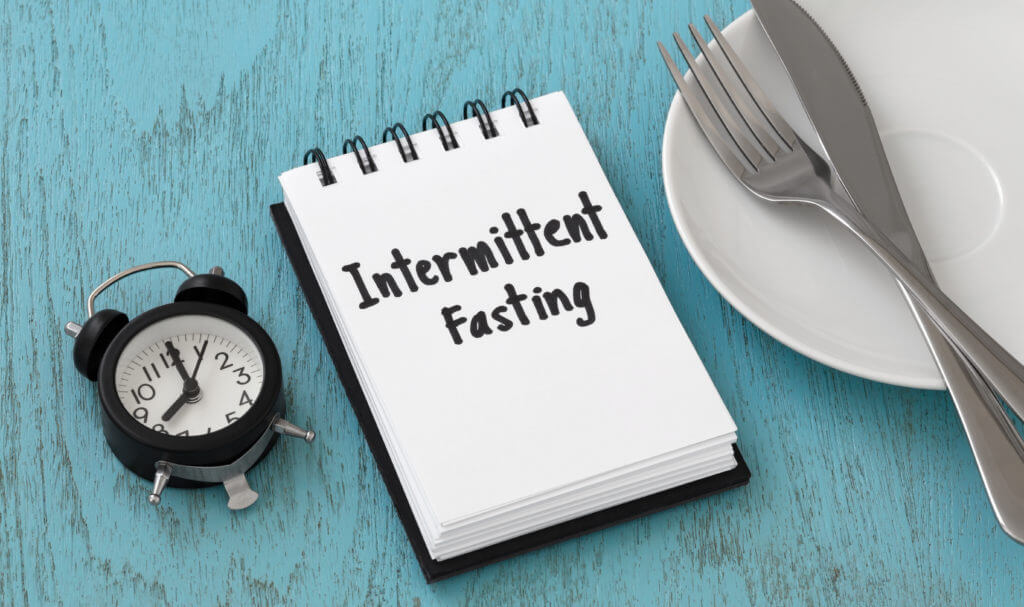
Photo by Bill Oxford on Unsplash
BOULDER, Colo. — If you’ve ever pondered the question, “Should I be taking a probiotic?” you’re not alone. Dr. Maggie Stanislawski, assistant professor in the University of Colorado Department of Biomedical Informatics (DBMI), encounters this query frequently. Her advice, however, isn’t a straightforward “yes” or “no.” Every person’s gut health is individual, meaning the probiotics you find on store shelves might not be the magic bullet for everyone.
Dr. Stanislawski, whose expertise lies in the connection between gut health, obesity, and related diseases, suggests that it’s essential to nurture a diverse mix of gut bacteria, also known as the microbiome. Her research delves into how changes in diet can influence the microbiome, specifically in the context of weight loss.
A study led by Dr. Vicki Catenacci, an associate professor for the University of Colorado Department of Medicine, compared two popular weight loss methods: intermittent fasting and the more conventional daily calorie restriction. Participants following intermittent fasting would eat significantly less (about 25% of their usual intake) on three non-consecutive days of the week, while those on a daily calorie-restricted diet cut their daily calories by around 30 percent.
Dr. Stanislawski analyzed the gut health of participants from both groups and found positive outcomes.
“Dr. Catenacci and her team were aiming to understand intermittent fasting because it’s become really popular, but some clinicians are hesitant to recommend it for weight loss,” says Dr. Stanislawski in a university release. “This could give people who are trying to lose weight more options. As you might imagine, being able to eat whatever you want on a specific day, such as for a party or social engagement, is really helpful.”

Dr. Stanislawski elaborated on a particular measure of microbiome health known as “alpha diversity,” which gauges the variety of microbes present. A diverse microbiome is often linked with better health. She found both weight loss strategies showed an equal increase in this measure.
“This means that you can choose a dietary weight loss strategy that works for you, and either way your microbiome will likely shift and increase diversity,” says Dr. Stanislawski.
However, the implications of the research stretch beyond the gut. Another University of Colorado study looked at how the microbiome could influence DNA methylation – a process affecting gene activity without altering the actual DNA sequence.
“It’s one of the multiple epigenetic mechanisms that regulate our genes without directly altering our DNA sequences,” explains Dr. Iain Konigsberg, of the DBMI. “DNA methylation is a dynamic process, and it impacts compaction of our DNA and accessibility by regulatory machinery. The idea is that, very broadly speaking, increased methylation at gene regulatory regions generally represses expression of those genes.”
For instance, while certain genes might predispose someone to a disease, leading a healthy lifestyle could keep them dormant. However, harmful habits, like smoking, can activate them.
Linking this back to their weight loss study, researchers found a relationship between the gut microbiome and DNA methylation.
“Our results reinforce this idea that we may see a lot of changes in microbes that are associated with diet and obesity during weight loss,” says Dr. Konigsberg. “We also see abundance of microbes associated with DNA methylation levels in genes that we know are involved in relevant processes in the body, such as metabolism.”
The study is published in the journal Nutrients.









